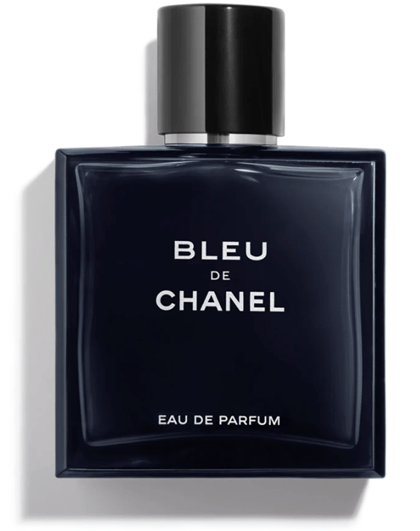
How to Transition from Summer to Winter Skincare (Without Cluttering Your Shelves)
5 skincare swaps and tips for updating your winter routine

As the cooler days set in, the concern over dry, chapped skin grows, and Google searches for ‘cold weather skincare’ have jumped by +239% in the last month.
It’s important to keep your skin hydrated and nourished, even in colder temperatures and low humidity. Olga Skydan, a certified cosmetologist and dermatologist of the face yoga app Luvly, shares with us how to revamp your skincare routine for cool weather.
1. Out with the gel, in with the cream
Hot summer days call for light hydration, but as winter approaches and your skin begins to fight the cold air, your stock of gel moisturizers won’t cut it. But instead of throwing away your excess summer products, put them in a storage box and store them in a cool, dry place to preserve them until the sun returns.
To help your skin cope with the cold and also with indoor heating, it needs nourishing products. with richer ingredients, such as ceramides, squalane or shea butter. They will keep the skin’s protective lipid layer in a unique state, retain water and keep the wind out.
It is very important to combine hydration and nourishment of the skin in the fall and winter. If you’re worried about your skincare routine being too intense, stick to non-comedogenic creams that will protect your skin without clogging your pores.
2. Shelf check: expiry dates matter
However you can’t assume it’s safe to store your summer skincare products away for next year. Many products have a short shelf life, especially natural or organic ones without preservatives. The summer heat is also bound to have had an effect, especially on products containing vitamin C, which oxidizes easily and quickly becomes impotent.
Pay attention to symbols on the packaging, which specify how many months a product is safe and effective once opened. Here, a little organization goes a long way. Label your products with the date you opened them so you don’t lose track of their shelf life. If you’re uncertain, trust your senses: does it smell off, has the texture changed, or does it look discoloured? If so, it’s time to toss it—unless you want to risk irritation, breakouts, and allergic reactions.
3. Don’t say goodbye to vitamin C — add Retinol to the mix
Fall and Winter is the perfect time to add Retinol to your beauty routine. Not only does it help with cell renewal, but it can also combat rough texture and fine lines that become more pronounced as cold weather dehydrates your skin.
However, it’s important not to overuse Retinol, as it can cause irritation. Follow these guidelines for safe usage:
- Avoid using Retinol on dehydrated or sensitive skin
- Do not apply it daily; your skin needs time to adjust. Begin with a low concentration and mix it with a hydrating serum or moisturizer to reduce potency.
Continue using Vitamin C products. A 20% concentration of Vitamin C serum combined with hyaluronic acid in the morning will support your skin’s hydration and brightness.
4. Take stock of multi-taskers
When transitioning from your summer skincare routine to your winter skincare routine, less is more. The fewer products you use, the less likely you are to overload your skin during the colder months. Plus, it cuts down on clutter, keeping your shelves clean and organized. You can add nourishment and retinol to your summer routine.
You can’t just cut out essential products from your routine, so you need multitasking products. For example, many products offer hydration, anti-aging benefits, and skin brightening all in one. Remember to use a hydrating mask once a week, and alternate it with a nourishing mask.
5. Don’t ditch the sunscreen
Just because it’s overcast doesn’t mean you’re safe from the sun’s rays—unless you’ve applied a generous supply of SPF. Keep a bottle of sunscreen on your vanity and make it part of your daily routine, come rain or shine.
Although, the heavy-duty sunscreens designed for sweating and swimming during summer aren’t necessary. If your summer sunscreen feels too greasy or heavy for your winter routine, you can safely switch to a more lightweight, hydrating formula. For added protection, look for sunscreens that double up as moisturizers, containing ingredients such as glycerin, hyaluronic acid, or niacinamide to shield your skin from dehydration and UV rays.











































